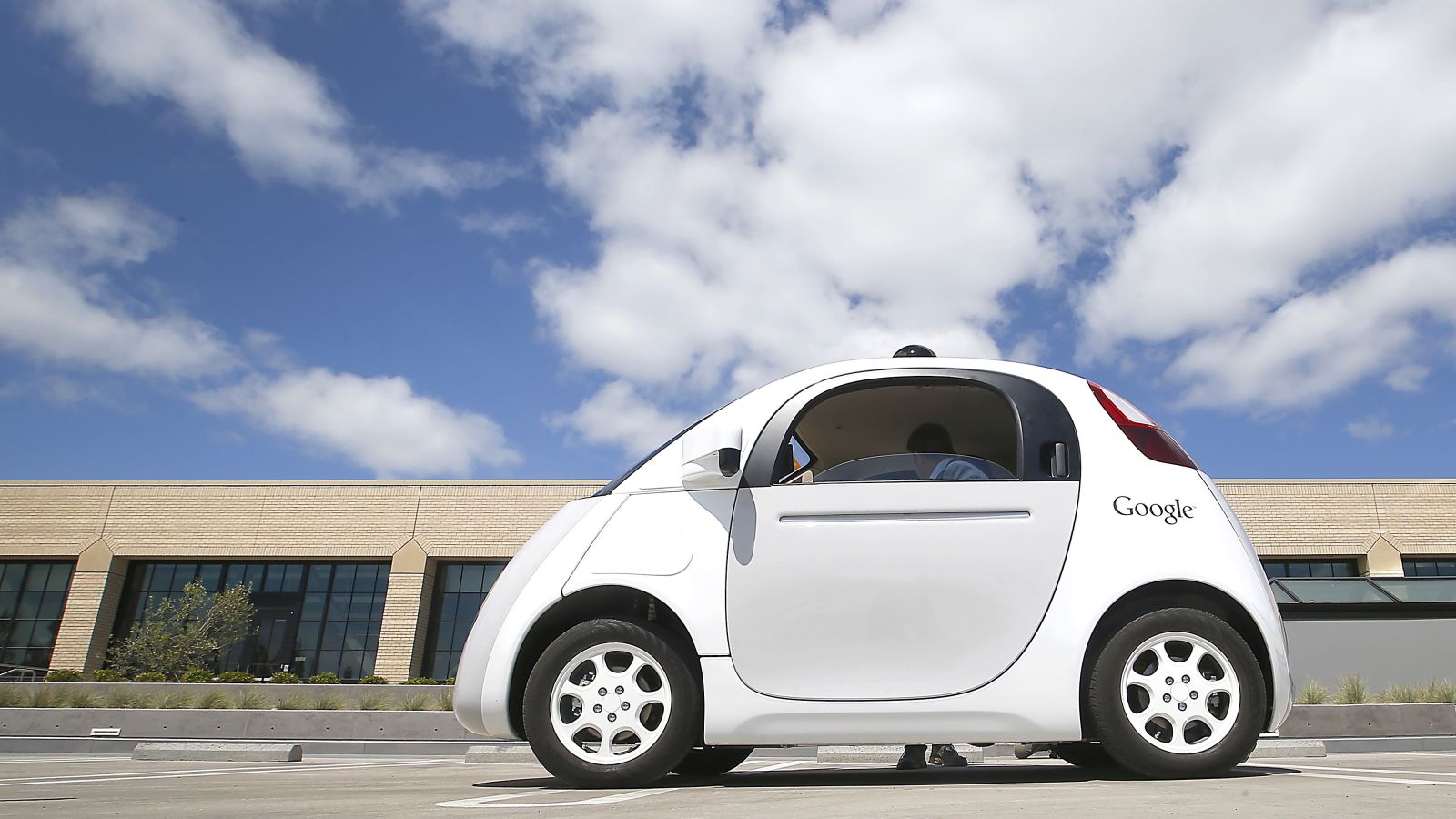Californians may need a license to use a driverless car
California is pumping the brakes on self-driving cars. Regulators, who have allowed Google, Ford and other manufacturers to test driverless cars on public roads, are now proposing rules to prevent them from hitting the road without a trained human.


California is pumping the brakes on self-driving cars. Regulators, who have allowed Google, Ford and other manufacturers to test driverless cars on public roads, are now proposing rules to prevent them from hitting the road without a trained human.
Under the proposed regulations, driverless cars would still need a driver on board who is licensed to operate autonomous vehicles, when tooling around the state’s public roads, the Department of Motor Vehicles announced Wednesday (Dec. 16).
“These operator requirements create the safeguard of a driver who is capable of taking control of the vehicle when needed,” the proposal said. The operator, who would need both a regular driver’s license and an “autonomous vehicle operator certificate” issued by the DMV, would be responsible for all traffic violations that occur during travel.
The DMV did not offer details on how to get certified. But it said manufacturers would bear some of the burden of educating the public. According to draft regulations, manufacturers should design an education plan and “behind-the-wheel training program” to teach people how to engage, use, monitor, and disengage the vehicles.
Self-driving cars would also have to pass a third-party safety test in order to travel on California’s public roads, and manufacturers would need to submit monthly reports on performance, safety, and usage; tell drivers what kind of data they’re collecting from the vehicle; and be equipped to detect, respond, and alert drivers if a vehicle is hacked.
None of these proposed restrictions apply to vehicles that are fully autonomous, however. Cars like Google’s self-driving projects, which lack pedals, steering wheels and other features that would allow a human driver to take control, will be regulated under a separate set of rules and are completely banned from public use until manufacturers have thoroughly tested them on public roads.
Google aims to make its vehicles publicly available in the next five years, and told Quartz in an email that it was “gravely disappointed that California is already writing a ceiling on the potential for fully self-driving cars to help all of us who live here.”